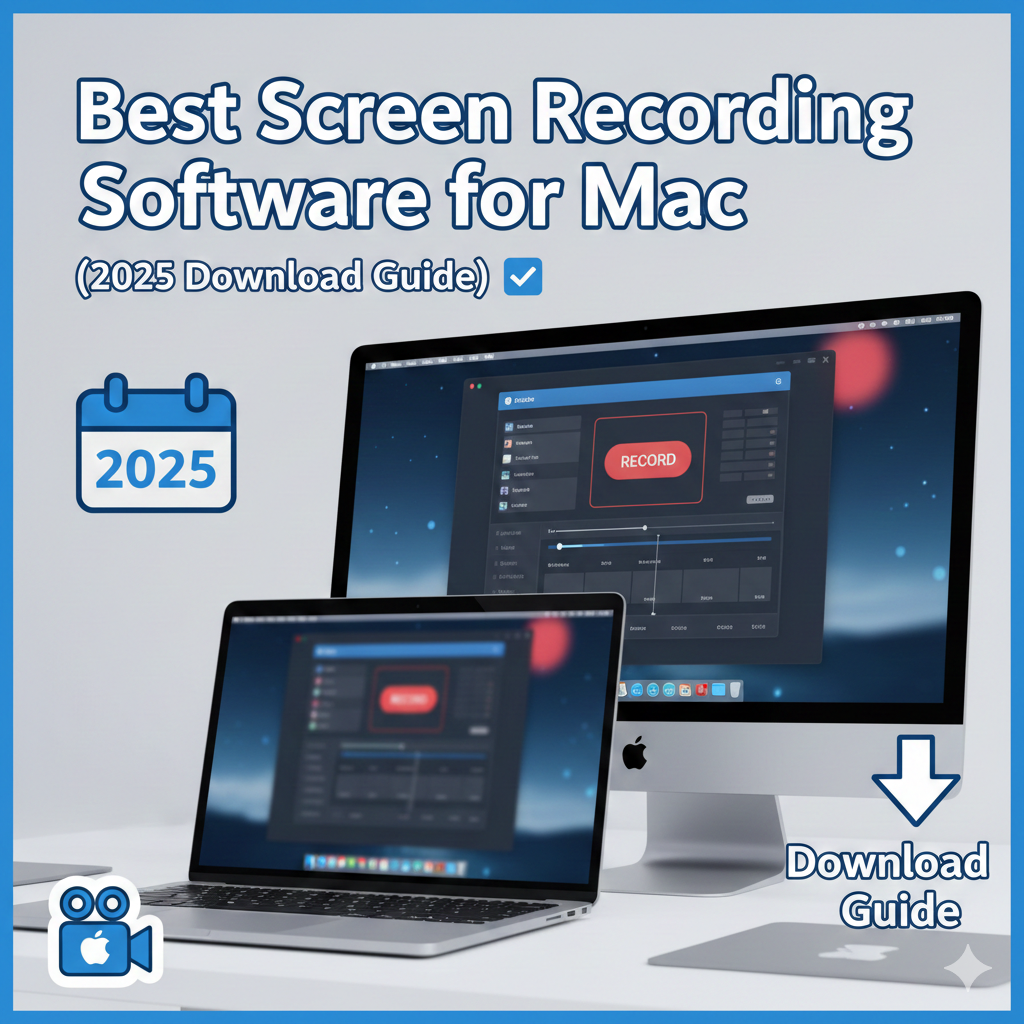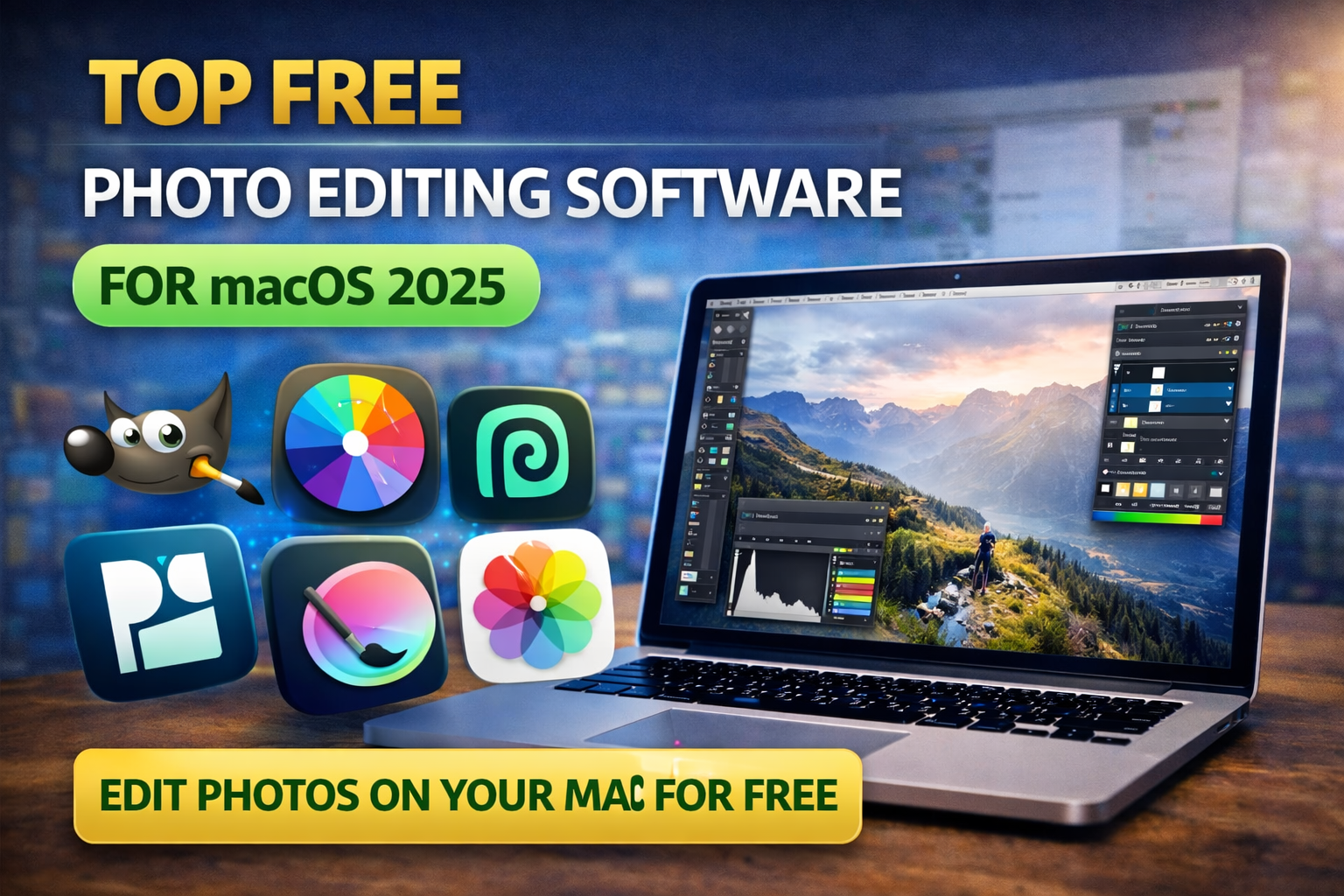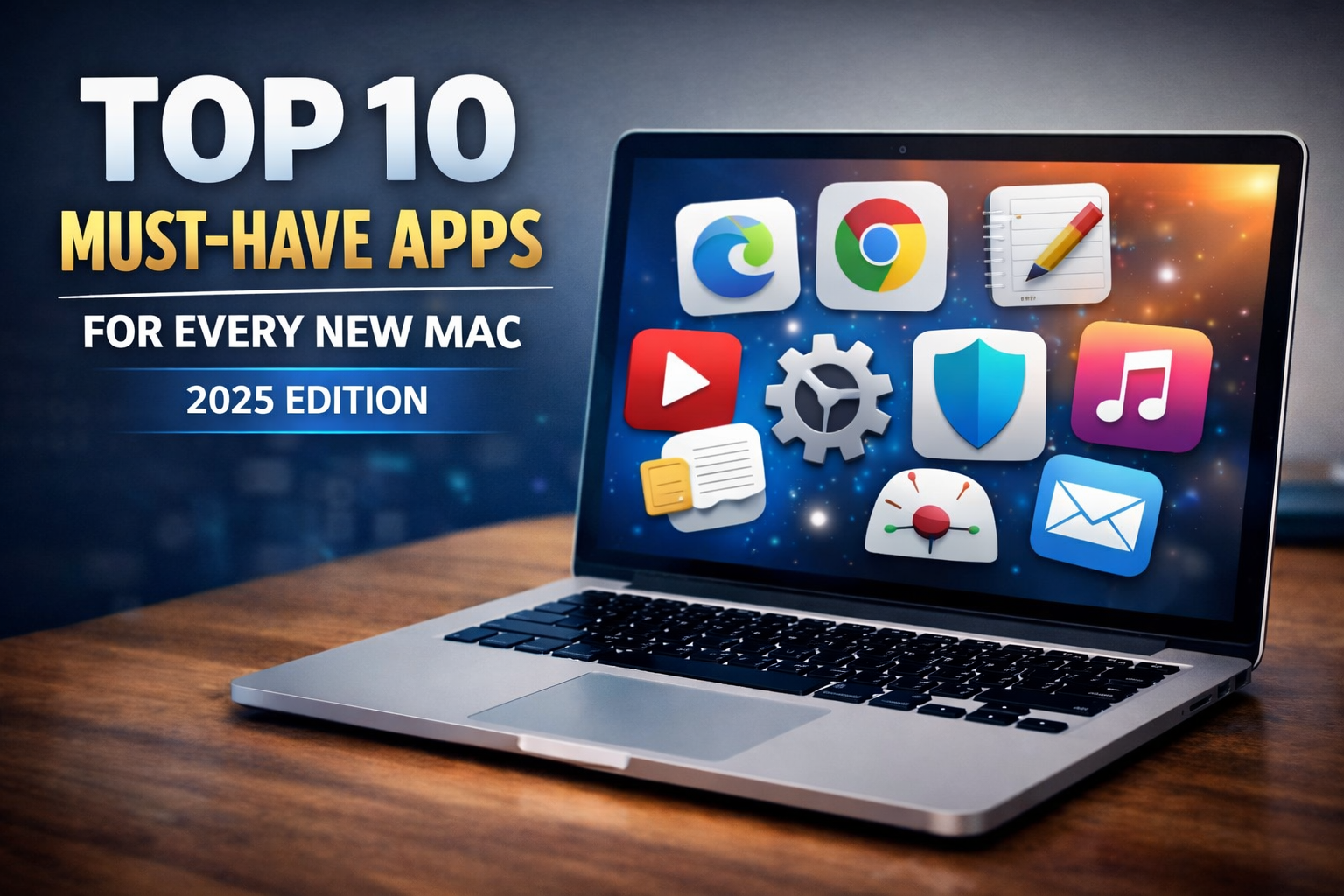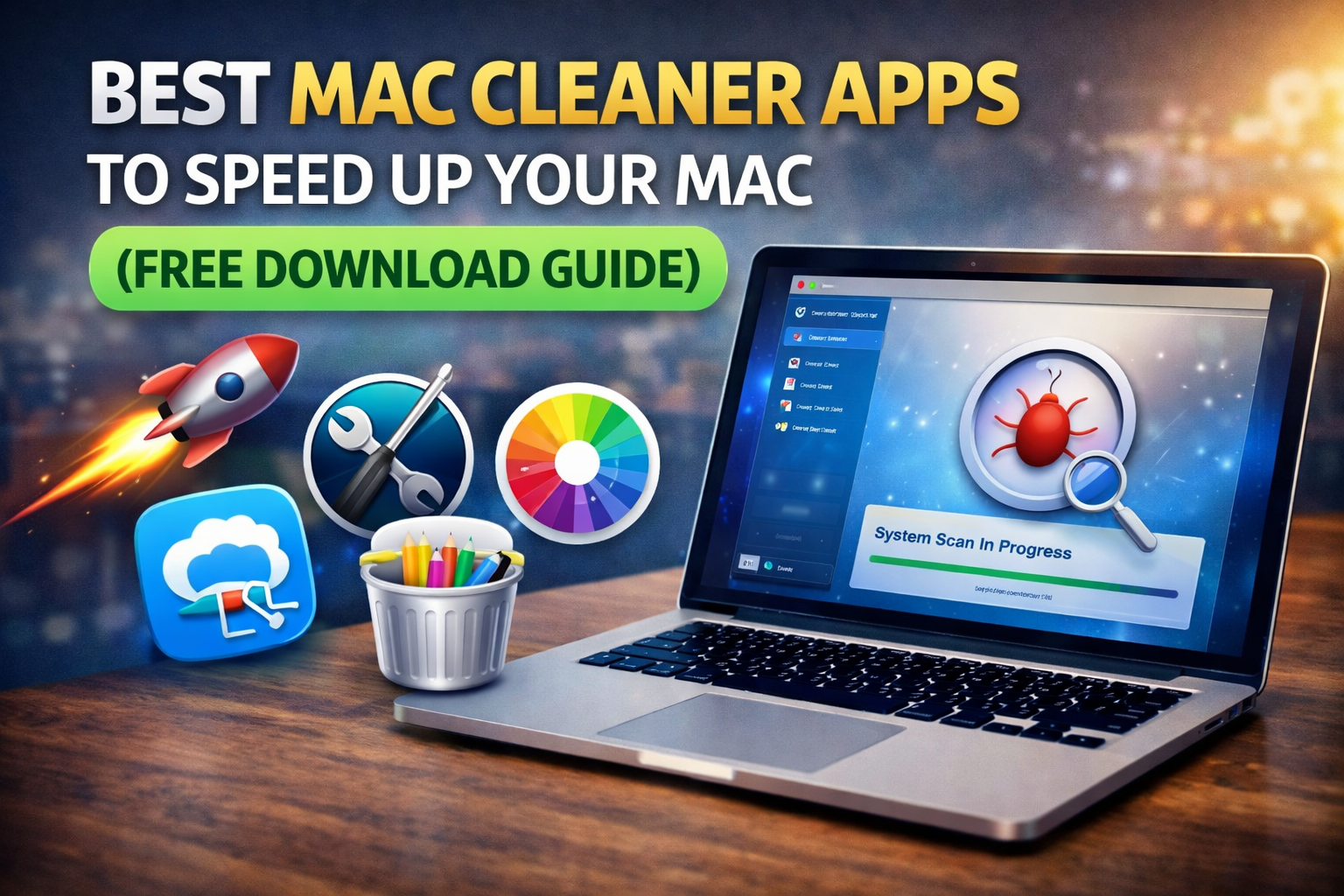

Additional Information
Extend native file handling in OS X (was OSXFUSE)
| Latest Version | FUSE 5.1.3 |
| Requirements |
Mac OS X 10.9 or later |
| Updated | December 25, 2025 |
| Author | Benjamin Fleischer |
| Category | Cleaning and Tweaking |
| License | Open Source |
| Language | English |
| Download | 1032 |
Overview
FUSE for macOS (was OSXFUSE) allows you to extend macOS's native file handling capabilities via third-party file systems. It is a successor to MacFUSE, which has been used as a software building block by dozens of products, but is no longer being maintained.
FUSE for Mac Features
As a user, installing the FUSE for macOS software package will let you use any third-party FUSE file system. Legacy MacFUSE file systems are supported through the optional MacFUSE compatibility layer.
As a developer, you can use the FUSE SDK to write numerous types of new file systems as regular user space programs. The content of these file systems can come from anywhere: from the local disk, from across the network, from memory, or any other combination of sources. Writing a file system using FUSE is orders of magnitude easier and quicker than the traditional approach of writing in-kernel file systems. Since FUSE file systems are regular applications (as opposed to kernel extensions), you have just as much flexibility and choice in programming tools, debuggers, and libraries as you have if you were developing standard macOS applications.
How It Works
In more technical terms, FUSE implements a mechanism that makes it possible to implement a fully functional file system in a user-space program on macOS. It provides multiple APIs, one of which is a superset of the FUSE API (file system in user space) that originated on Linux. Therefore, many existing FUSE file systems become readily usable on Mac.
The FUSE for Mac OS software consists of a kernel extension and various user space libraries and tools. It comes with C-based and Objective-C-based SDKs. If you prefer another language (say, Python or Java), you should be able to create file systems in those languages after you install the relevant language bindings yourself.
The filesystems repository contains source code for several exciting and useful file systems for you to browse, compile, and build upon, such as sshfs, procfs, AccessibilityFS, GrabFS, LoopbackFS, SpotlightFS, and YouTubeFS.
FUSE for Mac Features
As a user, installing the FUSE for macOS software package will let you use any third-party FUSE file system. Legacy MacFUSE file systems are supported through the optional MacFUSE compatibility layer.
As a developer, you can use the FUSE SDK to write numerous types of new file systems as regular user space programs. The content of these file systems can come from anywhere: from the local disk, from across the network, from memory, or any other combination of sources. Writing a file system using FUSE is orders of magnitude easier and quicker than the traditional approach of writing in-kernel file systems. Since FUSE file systems are regular applications (as opposed to kernel extensions), you have just as much flexibility and choice in programming tools, debuggers, and libraries as you have if you were developing standard macOS applications.
How It Works
In more technical terms, FUSE implements a mechanism that makes it possible to implement a fully functional file system in a user-space program on macOS. It provides multiple APIs, one of which is a superset of the FUSE API (file system in user space) that originated on Linux. Therefore, many existing FUSE file systems become readily usable on Mac.
The FUSE for Mac OS software consists of a kernel extension and various user space libraries and tools. It comes with C-based and Objective-C-based SDKs. If you prefer another language (say, Python or Java), you should be able to create file systems in those languages after you install the relevant language bindings yourself.
The filesystems repository contains source code for several exciting and useful file systems for you to browse, compile, and build upon, such as sshfs, procfs, AccessibilityFS, GrabFS, LoopbackFS, SpotlightFS, and YouTubeFS.
Previous versions More »
5.1.3
December 25, 2025
12.7 MB
5.1.2
November 21, 2025
12.6 MB
5.1.1
November 16, 2025
12 MB
5.0.7
October 07, 2025
10.1 MB
5.0.6
September 17, 2025
9.2 MB
4.10.2
May 01, 2025
6.2 MB










No comments yet. Be the first to comment!